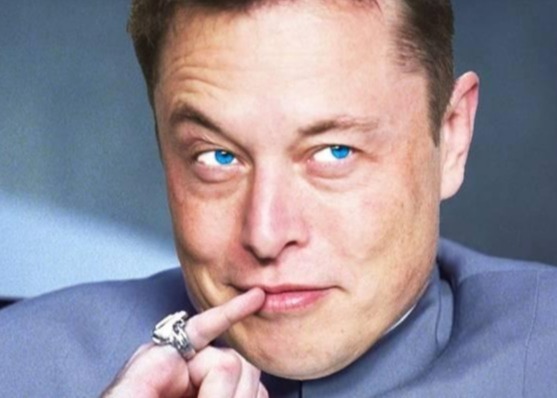By Kelvin Lee

… Yeah, that was the response of the world’s richest man Elon Musk to Twitter CEO Parag Agrawal after defending the social media’s platform measuring of spam accounts. I almost pity the counsel involved in this deal. In case you haven’t been following this mess, here’s a brief timeline of events:
April 4th – Musk announces a 9.2% stake in Twitter, making him the largest shareholder
April 14th – Musk offers to buy Twitter for $54.20/ share, approximately $43 billion
April 15th – Twitter adopts a Poison Pill hostile takeover measure
April 25th- Twitter agrees to sell to Musk
May 14th – Musk tweets that Twitter deal is on hold, due to fake account concerns
July 8th – Musk attempts to terminate his acquisition of Twitter
July 12th – Twitter files suit against Musk to close the deal
July 19th – Delaware Court of Chancery grants expedited October trial date for Twitter
In summary, Elon Musk was trying to buy twitter and now is trying to get out of buying Twitter. Clearly a headache for Twitter, its shareholders, Tesla’s shareholders, the financers, the army of lawyers involved, and I’d imagine for Musk as well. So how reasonably can Musk get out of this deal and more importantly, WHY?
I hope it’s not news to anyone that you can’t just line up billions in financing commitments, sign a merger agreement, then about-face out of the deal unless, however, you have a good reason. The term we’re looking for is a “material adverse effect” (or MAE for short), and that is one good reason that potentially lets you exit an M&A deal. For example, significant differences in the target company’s business operations since the signing of a deal would qualify as an MAE. That’s one way out for Musk, which is where the spam account claims come in. Musk’s defense is that Twitter woefully understated its number of spam/bot accounts and that the proportion is much larger than the 5% representation. Only problem is that Musk would need to prove that the fake accounts are higher than what twitter reported, which he hasn’t, and that the number is so much higher that it qualifies as a MAE, which he likely can’t. Twitter also disclosed that their numbers were done through their methodology, and the fact that Musk doesn’t agree with those methods doesn’t disprove Twitter’s claim. The other “good reason” is to show a breach of covenant. This means that Musk can walk away if Twitter fails to follow the promises set forth in the agreement. One of these promises is that Twitter will promptly provide information and data for any reasonable business purpose in relation to the agreement at Musk’s request. This gives some leeway for Musk. Since attempting to terminate the deal, Musk has requested a profuse amount of what his team deems “reasonable information” from Twitter. Twitter gets buried in data demands and since the firm likely won’t provide things such as raw and sensitive user data, Musk’s team can argue a breach. Whether a judge sees it that way is another story.
Another play for Musk is to make this process as long as possible. Because Musk’s’ institutional financing commitments are set to expire by q1 2023, if he can hold off on closing by that time, then there is an argument that he shouldn’t have to buy Twitter because he can’t. I doubt the chances of this outcome since the Delaware Chancery Court ruled in favor for an expedited October trial Tuesday, but it’s something to consider.
So why does Musk want out of the deal. The bot argument might be moral, but it’s a bit contradictory to say the least. Musk originally wanted to buy Twitter to fix the bot problem, but now doesn’t because of it? A more likely answer is economics. When Musk first made the bid, the share price was around $48, and a $54.20 price (memes aside) only constituted of a 13% premium paid per share. Since then, we’ve had a bear market, quantitative tightening, and falling valuations. That $54.20 price now is now more like paying a 40 percent premium over the share price instead of 13. That matters, especially if your committed TSLA shares for a margin loan to finance the deal have dropped nearly 25% since then. If you were in Musk’s shoes, wouldn’t you try to walk away?
To contact the author of this story:
Kelvin Lee at kelvin@hamiltoncapllc.com
To contact the editor responsible for this story:
Alonso Munoz at alonso@hamiltoncapllc.com






